World News
-
 Burkina Faso junta bans all political parties, deepening military grip on power
Burkina Faso’s military rulers have announced a sweeping ban on all political parties, marking a major escalation in the junta’s consolidation of power nearly three yearsRead More...
Burkina Faso junta bans all political parties, deepening military grip on power
Burkina Faso’s military rulers have announced a sweeping ban on all political parties, marking a major escalation in the junta’s consolidation of power nearly three yearsRead More... -
 China grants visa-free entry to UK citizens during Keir Starmer’s Beijing visit
China has agreed to ease visa restrictions for British citizens, allowing short-term visa-free travel as Prime Minister Keir Starmer wrapped up high-level talks in BeijingRead More...
China grants visa-free entry to UK citizens during Keir Starmer’s Beijing visit
China has agreed to ease visa restrictions for British citizens, allowing short-term visa-free travel as Prime Minister Keir Starmer wrapped up high-level talks in BeijingRead More... -
 Germany weighs European nuclear shield as transatlantic ties grow uncertain, Merz says
Germany is exploring the idea of a shared European nuclear umbrella with its allies, Chancellor Friedrich Merz said, as debates intensify across the continent over howRead More...
Germany weighs European nuclear shield as transatlantic ties grow uncertain, Merz says
Germany is exploring the idea of a shared European nuclear umbrella with its allies, Chancellor Friedrich Merz said, as debates intensify across the continent over howRead More... -
 Hungary unveils $157 million heating subsidy as election nears and living costs bite
Hungary’s government has announced a 50 billion forint ($157 million) support scheme to help households cope with rising heating bills this winter, adding to a wave of public spending justRead More...
Hungary unveils $157 million heating subsidy as election nears and living costs bite
Hungary’s government has announced a 50 billion forint ($157 million) support scheme to help households cope with rising heating bills this winter, adding to a wave of public spending justRead More... -
 From tradition to global markets: Lidia Dart’s insights from SABAVA
Interview with the European representative SABAVA Impex Lidia Dart.Read More...
From tradition to global markets: Lidia Dart’s insights from SABAVA
Interview with the European representative SABAVA Impex Lidia Dart.Read More...

Culture
-
 King Charles and Queen Camilla host green carpet premiere at Windsor Castle for new Amazon prime film
King Charles, with Queen Camilla by his side, opened the doors of the longest-occupied castle in Europe for a sparkling evening at Windsor Castle, marking the premiere of ‘Finding Harmony –Read More...
King Charles and Queen Camilla host green carpet premiere at Windsor Castle for new Amazon prime film
King Charles, with Queen Camilla by his side, opened the doors of the longest-occupied castle in Europe for a sparkling evening at Windsor Castle, marking the premiere of ‘Finding Harmony –Read More... -
 Karen Newman appointed to sculpt Queen Elizabeth II for National Memorial in St James’s Park
Renowned British sculptor Karen Newman MRSS has been appointed to create a new sculpture of Queen Elizabeth II as part of the UK’s national memorial to the late Monarch, the QueenRead More...
Karen Newman appointed to sculpt Queen Elizabeth II for National Memorial in St James’s Park
Renowned British sculptor Karen Newman MRSS has been appointed to create a new sculpture of Queen Elizabeth II as part of the UK’s national memorial to the late Monarch, the QueenRead More... -
 UK government unveils £1.5bn culture investment to save 1,000 local venues and restore national pride
The government has announced a landmark £1.5 billion investment in arts, culture and heritage, pledging to safeguard more than 1,000 local venues across England and reverse years ofRead More...
UK government unveils £1.5bn culture investment to save 1,000 local venues and restore national pride
The government has announced a landmark £1.5 billion investment in arts, culture and heritage, pledging to safeguard more than 1,000 local venues across England and reverse years ofRead More... -
 Museum of Oxford reveals 2026 programme focused on community stories, talks and events
The Museum of Oxford has unveiled its 2026 programme, setting out a year of talks, tours and hands-on events that place local people and shared histories firmly centre stage. The newRead More...
Museum of Oxford reveals 2026 programme focused on community stories, talks and events
The Museum of Oxford has unveiled its 2026 programme, setting out a year of talks, tours and hands-on events that place local people and shared histories firmly centre stage. The newRead More... -
 £9m Claude Lorrain masterpiece faces possible export as UK scrambles to keep Baroque treasure
A Baroque landscape masterpiece valued at £9 million has been placed under a temporary export ban, giving UK institutions a final opportunity to keep the work in the country.Read More...
£9m Claude Lorrain masterpiece faces possible export as UK scrambles to keep Baroque treasure
A Baroque landscape masterpiece valued at £9 million has been placed under a temporary export ban, giving UK institutions a final opportunity to keep the work in the country.Read More... -
 Welsh towns invited to compete for first-ever UK Town of Culture title
Could a Welsh town become the very first UK Town of Culture? Communities across Wales are being invited to step into the national spotlight as the UK launches its inaugural Town of CultureRead More...
Welsh towns invited to compete for first-ever UK Town of Culture title
Could a Welsh town become the very first UK Town of Culture? Communities across Wales are being invited to step into the national spotlight as the UK launches its inaugural Town of CultureRead More... -
 In Bloom: How plants shaped Britain and the modern world
Plants surround us every day – in our gardens, our homes and even in our cups of tea – yet few of us stop to consider the extraordinary journeys they have taken to get here.Read More...
In Bloom: How plants shaped Britain and the modern world
Plants surround us every day – in our gardens, our homes and even in our cups of tea – yet few of us stop to consider the extraordinary journeys they have taken to get here.Read More... -
 UK launches first town of culture competition to revive local pride and boost economic growth
The government has officially launched the UK’s first-ever Town of Culture competition, marking a major new push to restore pride in communities and drive cultural-led economic growthRead More...
UK launches first town of culture competition to revive local pride and boost economic growth
The government has officially launched the UK’s first-ever Town of Culture competition, marking a major new push to restore pride in communities and drive cultural-led economic growthRead More... -
 Government announces academy trust inspections to strengthen school accountability
New academy trust inspections to boost transparency for parents and strengthen outcomes for childrenRead More...
Government announces academy trust inspections to strengthen school accountability
New academy trust inspections to boost transparency for parents and strengthen outcomes for childrenRead More... -
 Cumbrian animated flood film scoops international science award
A short animated film featuring a red squirrel from Cumbria has won an international education award, shining a global spotlight on how trees can help tackle floodingRead More...
Cumbrian animated flood film scoops international science award
A short animated film featuring a red squirrel from Cumbria has won an international education award, shining a global spotlight on how trees can help tackle floodingRead More... -
 Inside an immersive Guildhall Art Gallery exhibition inspired by the London Tube
The sensory world of the London Tube is brought vividly to life in a new immersive exhibition at Guildhall Art Gallery, uniting painter Jock McFadyen RA with musicianRead More...
Inside an immersive Guildhall Art Gallery exhibition inspired by the London Tube
The sensory world of the London Tube is brought vividly to life in a new immersive exhibition at Guildhall Art Gallery, uniting painter Jock McFadyen RA with musicianRead More... -
 Researchers uncover ‘lost geometric code’ embedded in Oxford and Britain’s historic buildings
Researchers say they have uncovered a long-forgotten geometric code woven into some of Britain’s most famous historic buildings, including landmarks in Oxford.Read More...
Researchers uncover ‘lost geometric code’ embedded in Oxford and Britain’s historic buildings
Researchers say they have uncovered a long-forgotten geometric code woven into some of Britain’s most famous historic buildings, including landmarks in Oxford.Read More... -
 IWM Duxford to open new Second World War rooms revealing unseen artefacts and daily life of wartime pilots
IWM Duxford is set to open three newly restored Second World War spaces, offering visitors an intimate look at the lives of aircrew stationed at the Cambridgeshire airfield during the conflict.Read More...
IWM Duxford to open new Second World War rooms revealing unseen artefacts and daily life of wartime pilots
IWM Duxford is set to open three newly restored Second World War spaces, offering visitors an intimate look at the lives of aircrew stationed at the Cambridgeshire airfield during the conflict.Read More...

British Queen celebrates
Most Read
- Teen held after US woman killed in London stabbings
- Heave-ho Harry! Prince prepares to join the walking wounded in ice trek to North Pole
- Football: Farhad Moshiri adamant Everton deal above board
- "Master of English Style". Interview with Designer Lydia Dart
- Letter to the Financial Times from Lord Mayor Alderman Michael Bear
Media

The leader of Britain's main opposition Labour party Jeremy Corbyn -- criticised for failing to take a clear position on Brexit -- on Wednesday said the only way out of

British Prime Minister Theresa May said Sunday she was preparing to make a "bold offer" to MPs in one final attempt to get them to back her Brexit deal.

Former England footballer David Beckham was on Thursday disqualified from driving for six months after using his phone while behind the wheel.
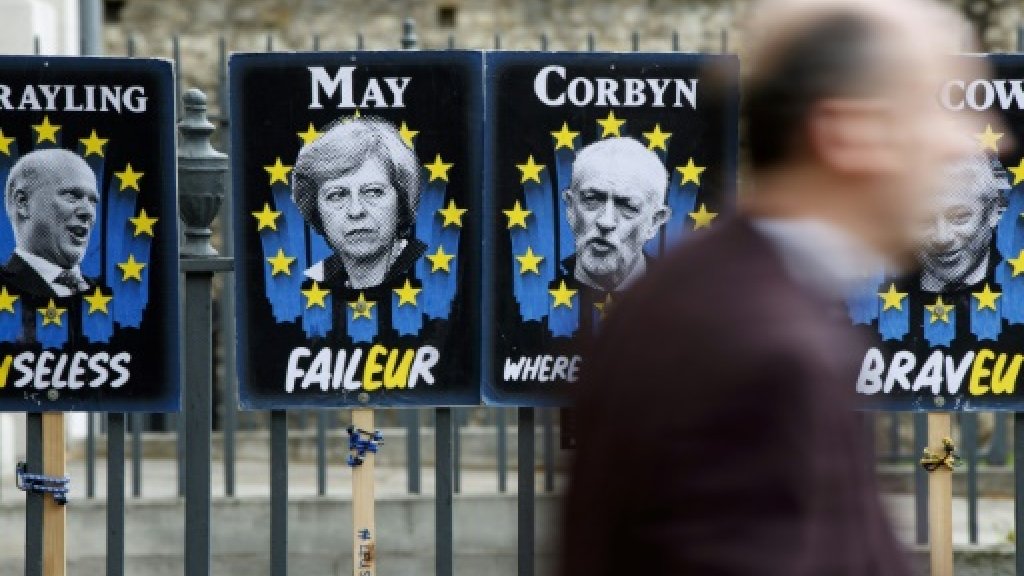
British Prime Minister Theresa May on Sunday urged main opposition Labour leader Jeremy Corbyn to work with her to break the Brexit deadlock, telling him:
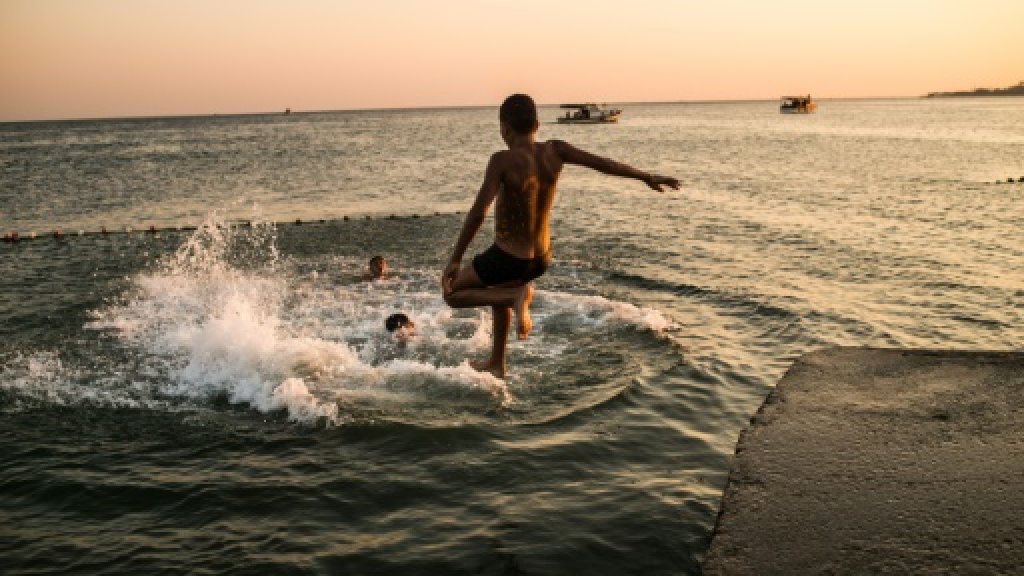
Britons are increasingly choosing package holidays outside of the European Union this summer as Brexit uncertainty shakes the pound, tour operator Thomas Cook said

Social media giant Facebook on Thursday banned various far-right British groups including the English Defence League from its network for promoting hate and violence.
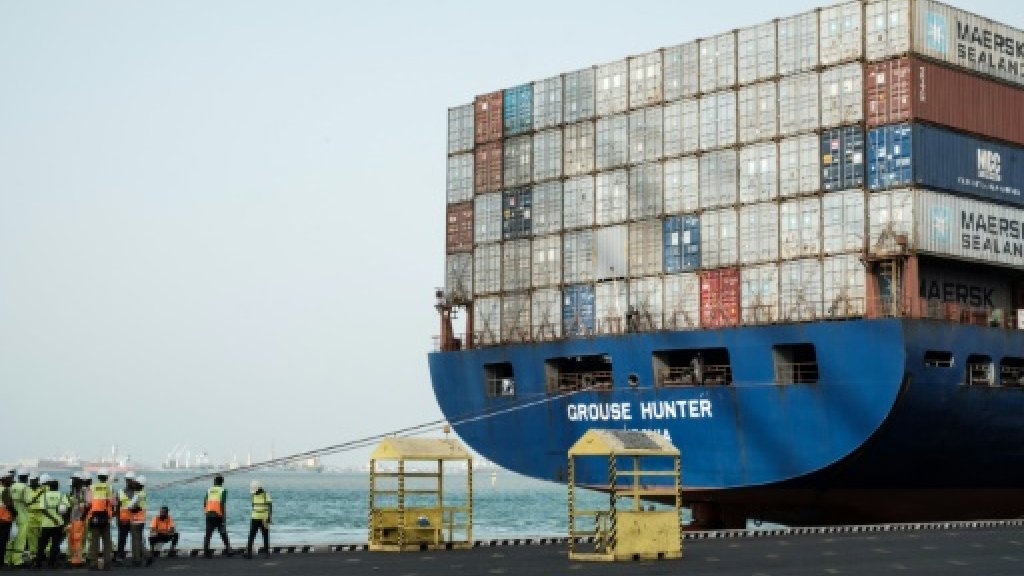
A London-based international court has ordered Djibouti to pay $385 million in compensation to UAE global ports operator DP World over a breach of contract, the
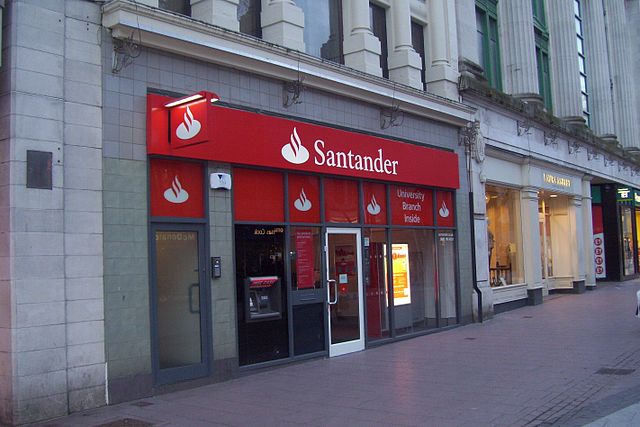
Santander's UK banking division has been fined £32.8 million for failing to process accounts and investments of deceased customers, regulators said Wednesday.
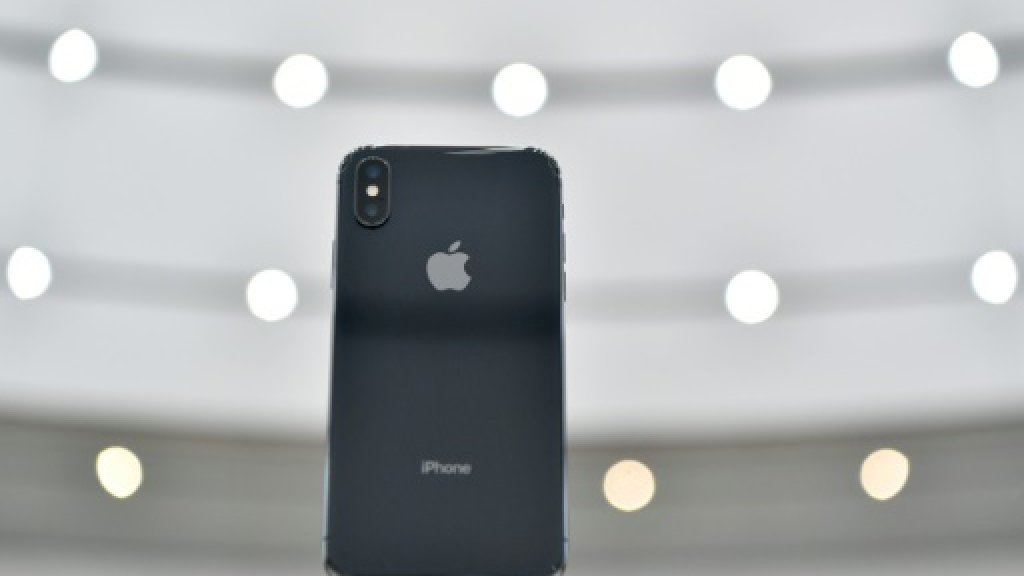
An openly gay Scottish artist who celebrated queer lives in a short film shot on an iPhone won Britain's prestigious Turner Prize Tuesday.

“After almost seven months of detention, including six months in solitary confinement, British PhD researcher Matthew Hedges has returned safely back to London,” his family said in a





















